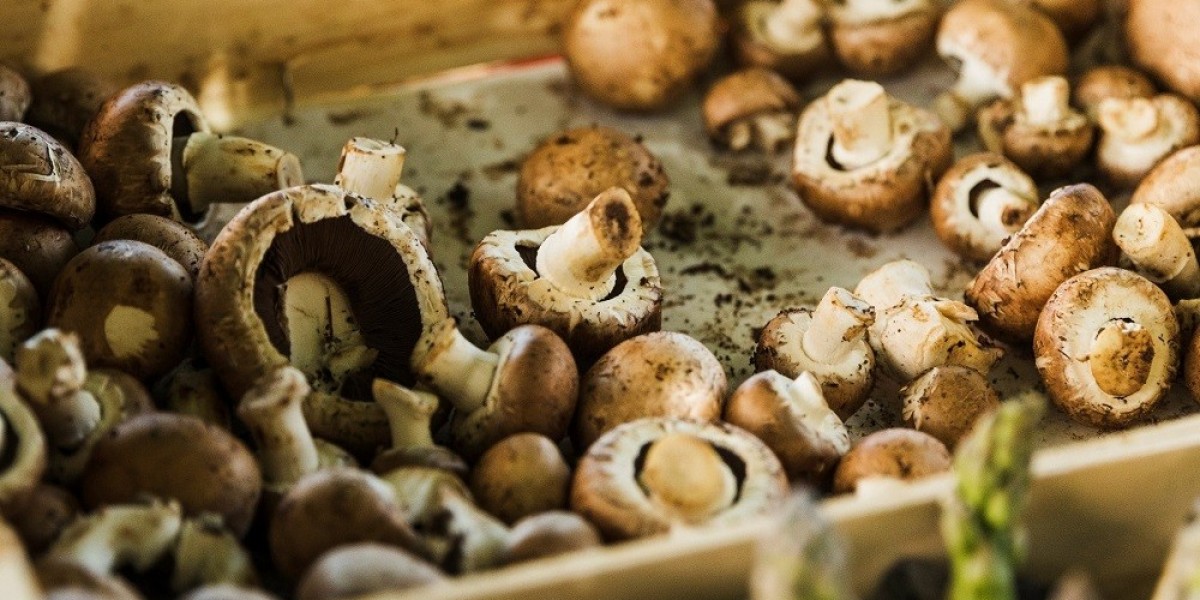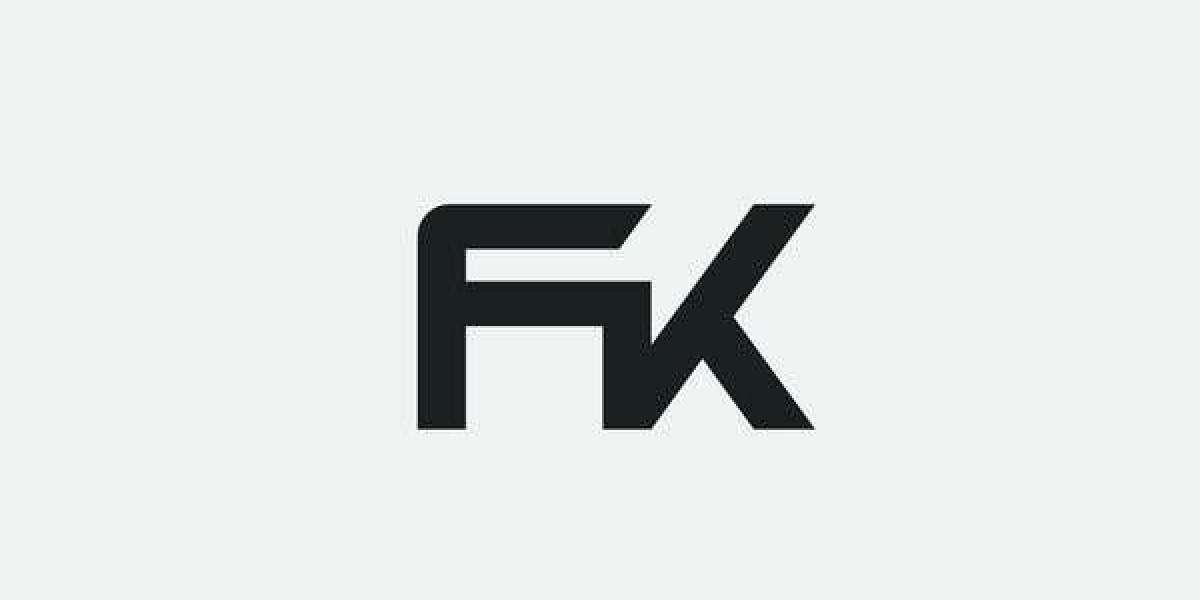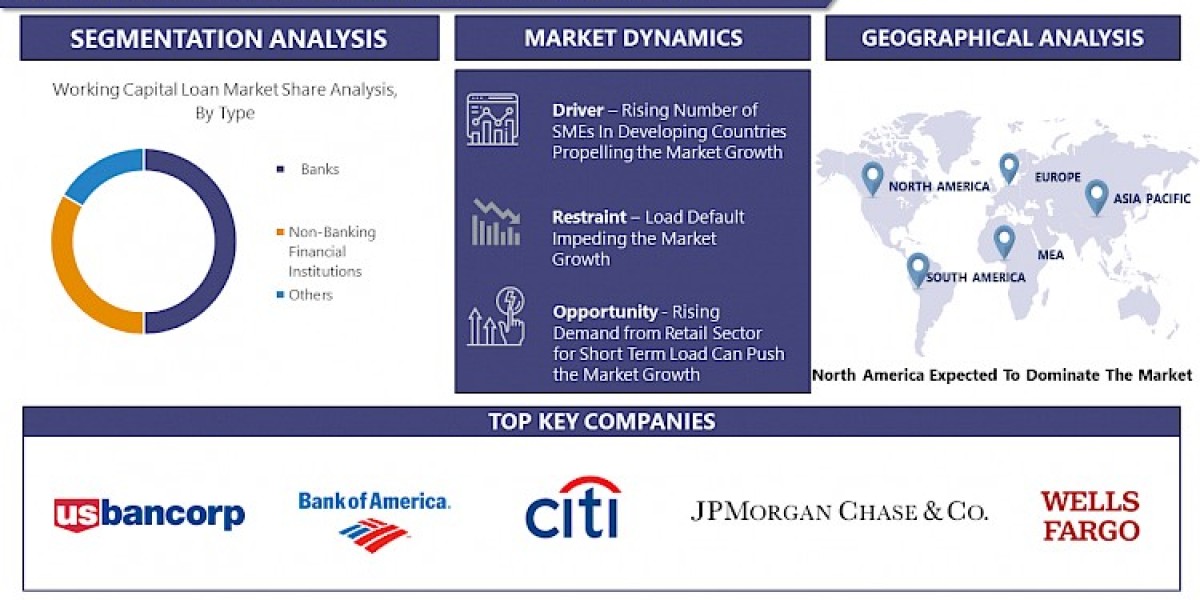Mycelium is a vegetative branched-like structure of mushrooms. The fibrous solid structure of the mycelium can be treated with lignocellulosic materials at specific temperatures and pressure to further manufacture products such as food and beverage, packaging, clothing, and other miscellaneous products. In this report, the growth rate of the global mycelium market has been accounted including factors such as sustainable packaging, mushroom production, and global plant-based meat.
The global mycelium market was valued at $2.85 billion in 2022 and is expected to reach $4.76 billion by 2028, growing at a CAGR of 9.39% between 2023 and 2028.
Fungi frequently produce lengthy threads that keep splitting. A vast underground network may result from this that can be very beneficial to several types of animals and plants. A network of hyphae or fungal filaments is called mycelium. Although mycelia frequently flourish underground, they can also develop in other environments, such as decaying tree trunks. A mycelium can grow from a single spore. A mycelium can produce the fruiting bodies of fungi, such as mushrooms. Other significant uses and functions of mycelia exist. For instance, the soil's quality has a significant impact on agricultural yield. Additionally, fungi are employed to filter water (mycofiltration), break down harmful compounds such as pesticides and petroleum products, and even as the primary component of packaging.
Mycelium has a solid fibrous structure that can be utilized to produce materials such as clothing, food, construction, and packaging. It can be used to prepare materials such as leather and edible plant-based steak and serve as an alternative to plastics. Moreover, this fast-growing mycelium can be a great alternative to styrofoam, which is being banned slowly in most countries due to its harmful effects on the environment. Mycelium is biodegradable, sustainable, and renewable, which means mycelium production is inexpensive and will be highly adopted in the future.
A major factor driving the mycelium market is the shift in consumer behavior toward veganism. Mycelium is eventually becoming the go-to option for alternate meat, food flavors, vegan food preservatives, and dairy alternatives.
One of the major challenges to the growth and development of the global mycelium market is the low commercialization of mycelium products, as the market is still at a nascent growth stage. Furthermore, mycelium processing at an industrial level requires funding, permissions, and payments to patent holders, resulting in difficulty for new players to enter the market.
Stay Ahead in Mycelium Market: Download Your Free Sample PDF!
In addition to this, emerging multi-directional uses of mycelium in significant industries, such as pharmaceutical, cosmetic, food and beverage, packaging, and textile, have led to more opportunities for the growth of the global mycelium market over the forecast period 2023-2028.
Numerous uses and industries, including food and beverage, packaging, textile, and others, employ mycelium extensively. The others section consists of mycelium-based building and electrical materials, animal feed, and bio-compost, which are environment-friendly, lightweight alternatives to conventional items.
Apart from the edible purpose, the market for mycelium-based products such as leather, packaging materials, and medical products is also emerging. Moreover, mycelium has such properties that it can be customized depending on the purpose of use, due to which consumers are adopting mycelium-based products in the pharmaceutical, electronics, construction, and skin care industry.
Global Mycelium Market (by Region)
The mycelium market has the highest market share in the Europe region due to the presence of government regulations supporting the growth of novel food items made from mushrooms and mycelium. For instance, the commission regulation in Europe, (EC) No. 982/2002, investigates the marketing standards for cultivating mushrooms and mycelium, resulting in proper standardization in mycelium production. The fastest-growing region is Asia-Pacific. The Asia-Pacific region, with its large population and rapid urbanization, faces significant environmental challenges.
The mycelium industry offers solutions by providing biodegradable and renewable materials that can replace plastics, packaging materials, and construction components. The focus on sustainability and environmental conservation has contributed to the growth of the mycelium industry in the region. In addition to this, governments in the Asia-Pacific region have recognized the potential of the mycelium industry and have been actively supporting its growth. They have provided funding for research and development, established incubation centers, and encouraged collaborations between industry players and academic institutions. Such initiatives have facilitated innovation, technological advancements, and market expansion.
Competitive Landscape
The global mycelium market has seen major development by key companies operating in the market, such as business expansion, partnership, collaboration, and joint venture. The favored strategy for the companies has been product launches to strengthen their position in the mycelium market. For instance, in June 2021, Ecovative LLC launched its new packaging product named MycoComposite. The company launched Forager Hides, a leather alternative for usage in apparel and clothing, in March 2021.
Another strategy adopted by the players in the market is partnerships and collaborations. The companies have put in considerable effort to develop new strategies for increasing the availability of mycelium-based products. For instance, in June 2021, a company called MOGU partnered with Matter of Stuff, an online furniture purchasing and manufacturing consultancy firm, to sell its products online. In October 2020, Bolt Threads partnered with Stella McCartney, Kering (the parent company of Balenciaga, Gucci, Alexander McQueen, and Bottega Veneta), Lululemon, and Adidas to launch a brand-new range of leather products.



